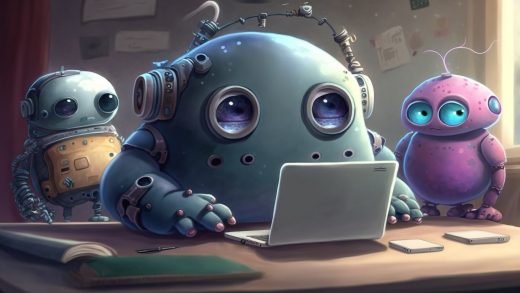There are a number of factors that may contribute to the gap between university education and industry requirements. Some possible reasons include:
- Rapid technological change: The rapid pace of technological change means that many industries are constantly evolving and changing, requiring workers to have up-to-date skills and knowledge. This can make it difficult for universities to keep up and provide relevant education to students.
- The changing nature of work: The rise of automation and artificial intelligence is changing the nature of work, with many jobs becoming obsolete and new ones emerging. This can create a gap between the skills and knowledge taught in universities and those that are in demand in the job market.
- A focus on theory over practical skills: Universities often focus on theoretical knowledge and research, rather than practical skills that may be required in the workplace. This can leave students ill-prepared for the demands of the job market.
- The lack of collaboration between universities and industry: There may be a lack of collaboration between universities and industry, which can lead to a disconnect between the education and training provided by universities and the needs of employers.
Overall, the gap between university education and industry requirements may be increasing due to the rapid pace of technological and societal change, the changing nature of work, a focus on theory over practical skills, and a lack of collaboration between universities and industry.




